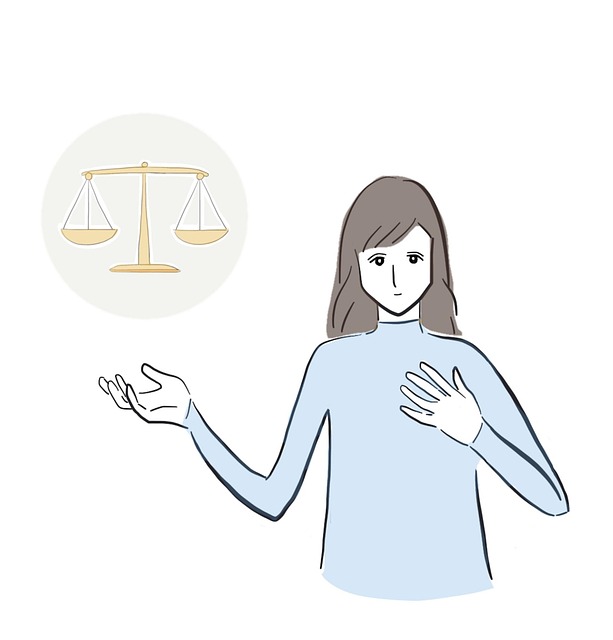Background reports, while valuable tools for verification, can contain inaccuracies due to human error, identity theft, or other factors. Understanding the diverse nature of mistakes and your legal rights under the Fair Credit Reporting Act (FCRA) is crucial for disputing errors effectively. If you find errors, gather relevant documents, contact the consumer reporting agency directly, and submit a written challenge with supporting evidence. CRAs are legally obligated to investigate and correct inaccurate information within 30 days, ensuring background report accuracy and protecting individuals' privacy.
“Are you facing barriers due to background report inaccuracies? Learn how to navigate and dispute errors in these crucial documents that impact your opportunities. This guide unravels the common causes of background check mistakes, empowering you with legal rights and effective strategies to challenge them.
Discover the steps involved in the dispute resolution process, ensuring accuracy and a fair assessment. From understanding error types to mastering correction techniques, this article is your go-to resource for tackling background report inaccuracies head-on.”
- Understanding Background Report Errors: Common Causes and Types
- Your Legal Rights When Disputing Check Inaccuracies
- Effective Strategies for Correcting Background Check Mistakes
- The Dispute Resolution Process: Steps to Ensure Accuracy
Understanding Background Report Errors: Common Causes and Types

Background reports, often used for employment screening, housing applications, or even personal verification, are not infallible. Errors can occur due to a variety of reasons, ranging from simple human mistakes in data entry to more complex issues like identity theft or outdated information. Understanding these common causes is the first step towards disputing background report inaccuracies effectively.
The types of errors vary widely, from typographical mistakes in names or addresses to discrepancies in employment history or criminal records. Some errors might be benign, such as an old address that still appears on a report, while others could be more significant, like false allegations or unsubstantiated claims. Knowing what to look for and your legal rights to challenge these errors is crucial in ensuring background check accuracy and protecting your privacy.
Your Legal Rights When Disputing Check Inaccuracies

When disputing inaccuracies in background reports, it’s crucial to understand your legal rights. According to the Fair Credit Reporting Act (FCRA), consumers have the right to request and receive a free copy of their credit report from each of the three major consumer reporting agencies annually. If you discover errors or inaccuracies in your background check, you can dispute them directly with the reporting agency and the information provider. This process involves submitting a written dispute letter outlining the specific errors and any supporting documents that verify your claim.
The FCRA also provides guidelines for the timeline and procedures involved in dispute resolution checks. Reporting agencies are required to investigate the disputed items and provide you with a free update or correction if the information is inaccurate. You have the right to be notified of the outcome, and any changes made to your report must be reflected in subsequent background checks. Understanding these legal rights empowers individuals to challenge background check errors effectively and ensure background report accuracy.
Effective Strategies for Correcting Background Check Mistakes

When it comes to background reports, mistakes can happen. Whether due to human error, outdated information, or identity theft, it’s crucial to know how to dispute background report errors effectively. The first step is to gather all relevant documents and evidence that prove the inaccuracy. This could include pay stubs, utility bills, or identification documents showing updates like name changes or correct addresses.
Next, contact the consumer reporting agency (CRA) responsible for the report directly. Most CRAs have dedicated dispute resolution processes in place. Submit your challenge in writing, detailing each error and providing supporting documentation. They are legally bound to investigate these disputes and, if found invalid, correct background check inaccuracies promptly. Remember, you have specific legal rights when it comes to check disputes, so remain persistent and thorough during the resolution checks.
The Dispute Resolution Process: Steps to Ensure Accuracy

When you receive a background report with errors or inaccuracies, the dispute resolution process allows you to correct these issues. The first step is to carefully review the report for any discrepancies. Note down specific details such as dates, names, and locations that seem wrong. Next, gather supporting documents or evidence that contradicts the inaccurate information. This could include official records, pay stubs, or references who can verify your background.
Once you have your evidence ready, contact the consumer reporting agency (CRA) responsible for the report. Explain the errors you’ve found and provide your supporting documentation. The CRA must investigate your dispute within a specific timeframe, usually 30 days. They will review the information provided by both parties and either verify or correct the inaccuracies. Understanding your legal rights during this process ensures that background check errors are addressed promptly and fairly.
